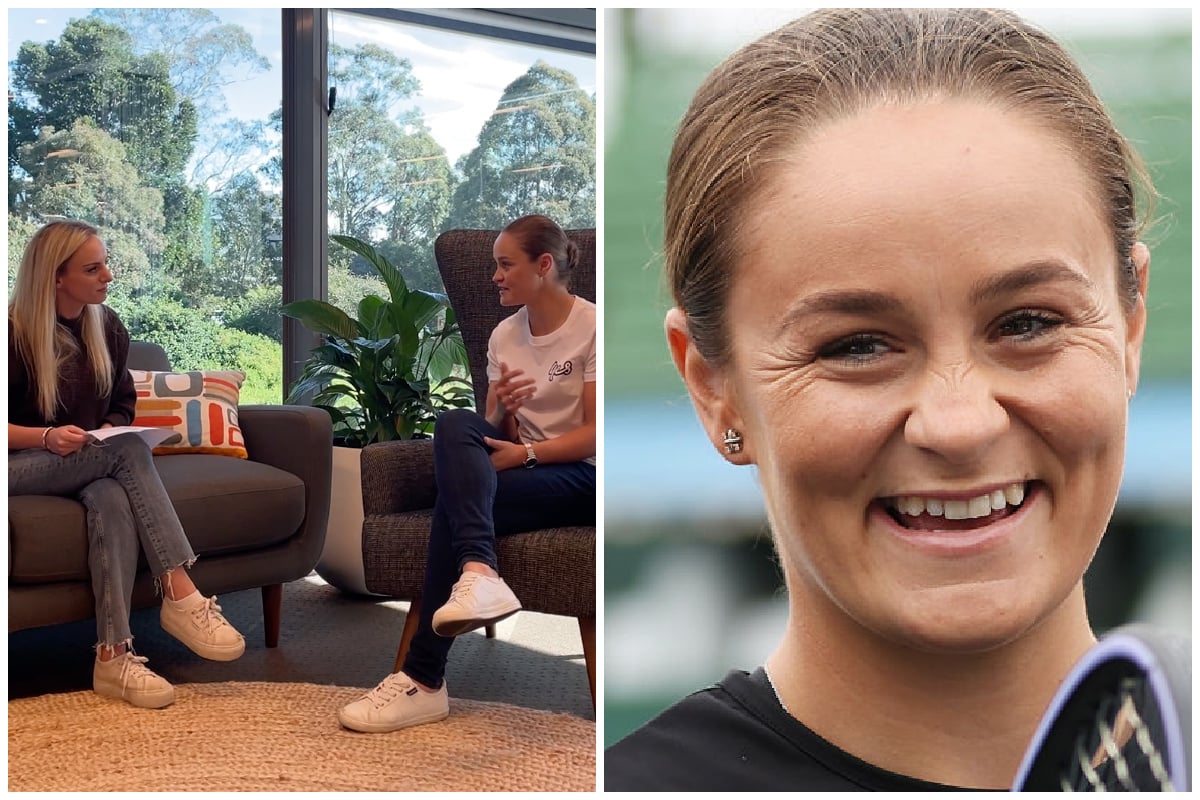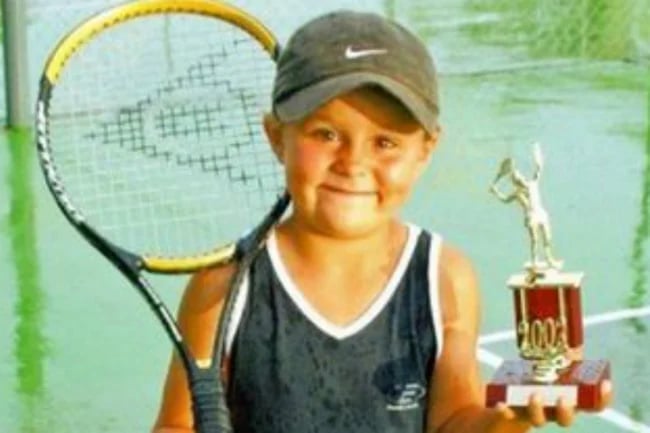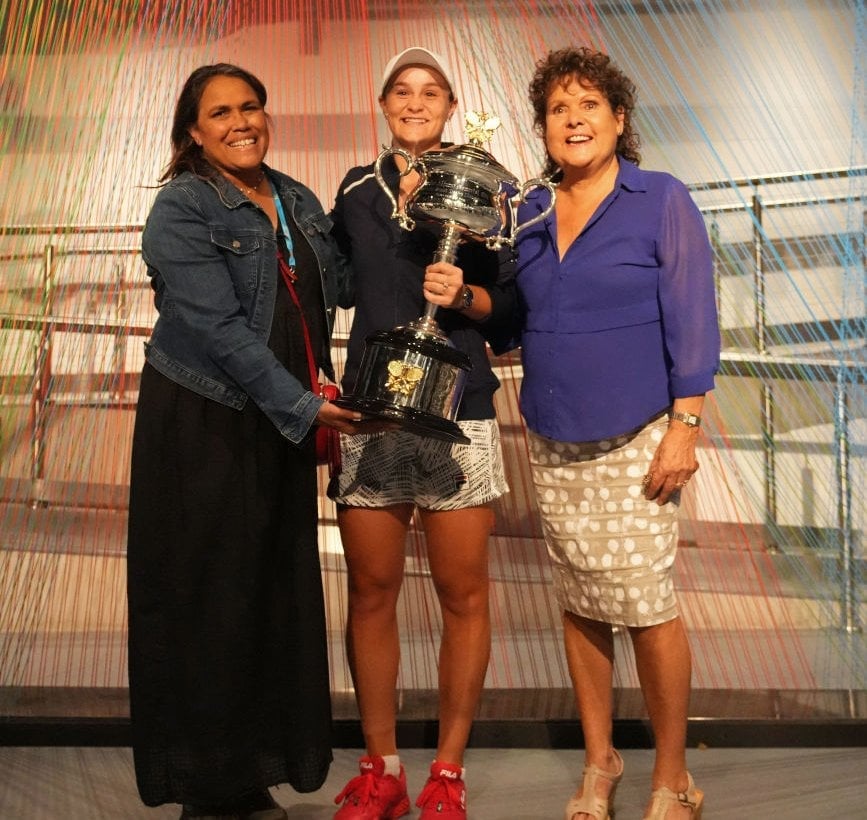
When Ash Barty walks into a room, the energy changes. She glows. Just like those people who are either profoundly physically healthy or genuinely happy, or both.
When you start speaking to Barty, her lack of ego seems almost at odds with the fact that just over a year ago, she became the first Australian woman to win Wimbledon in over forty years. I watched those three tense sets in a way I can’t remember ever having watched sport: unflinchingly engaged and in awe of her composure and mental stamina and focus. But that lack of ego, I realise, is exactly why she’s able to do what she does – both on and off the court.
I’m interviewing her as part of her new partnership with Optus as their Chief of Inspiration, a role which aims to connect Australians and inspire them to say yes to their ambitions. For Barty, this move is part of her post-retirement decision to "prioritise Ash Barty the person, over Ash Barty the tennis player," and help people by sharing her story.



Top Comments